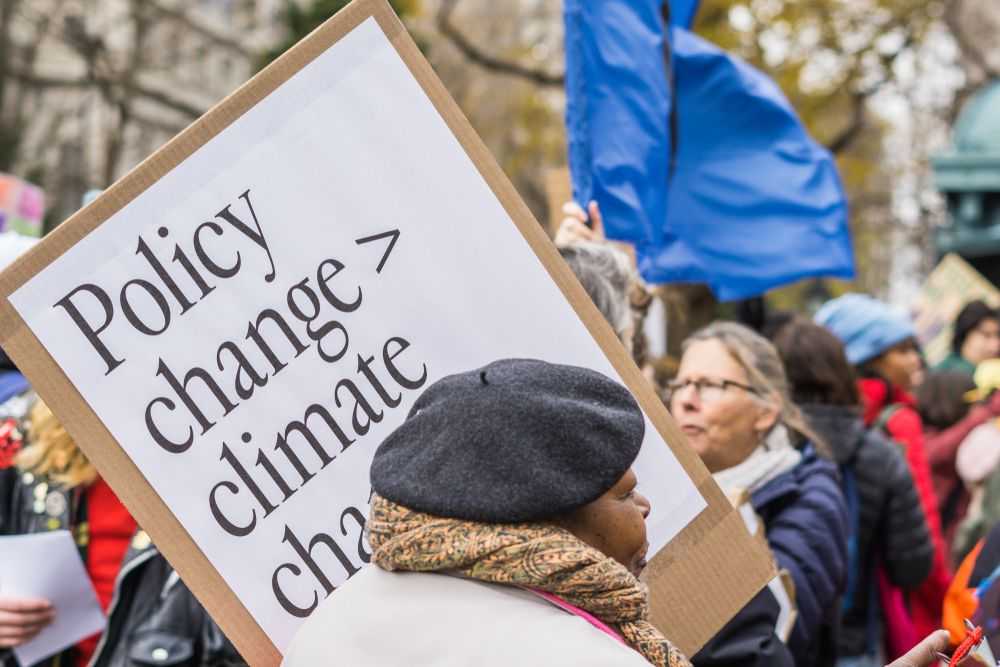Home>Implications of social equity in natural resource conservation and climate policy implementation in the United States

08.04.2025
Implications of social equity in natural resource conservation and climate policy implementation in the United States
About this event
08 April 2025 from 12:00 until 13:30
Thuesday 8 April
Sciences Po, Salle CS16
1, place Saint-Thomas 75007 Paris
12h-13h30
Mandatory registration to participate in person
mandatory registration to participate via zoom
Speaker
Aritree Samanta is an Associate Professor of Environmental Studies at San Francisco State University and the Co-Director of SFSU Climate HQ. Prior to joining San Francisco State, she was a Postdoctoral Research Associate at the Department of Forestry and Natural Resources at Purdue University, Indiana. She holds a Ph.D. in Urban and Public Affairs from Cleveland State University and earned her Masters and Bachelors degrees in Social Work and Economics, respectively, from University of Delhi, India.
Abstract
Studies have well established that in the environmental sector, the presence of inequities has disproportionately impacted marginalized and underserved communities many of whom are at the frontlines of environmental and climate change impacts. For this seminar I will take a deep-dive into the agri- environmental policy arena, by focusing on the Conservation Title under the United States Farm Bill, specifically the Environmental Quality Incentive Program (EQIP). Many Conservation Title programs including EQIP dedicates funding towards climate mitigation in agriculture and natural resource conservation policies, as well as supports climate smart agriculture. I examine Conservation Districts in the U.S., a-subnational government body, ubiquitous in their presence (there are 3000 of these districts across the U.S.), but severely understudied. Conservation Districts play a key role at the local level in translating and acting upon the federal agri-environmental policies enacted and implemented by the United States Department of Agriculture (USDA). I use the framework of distributional equity to examine the Conservation Districts’ role in conservation agenda-setting in the rural areas impacting the distributional outcomes of federal policies for diverse rural groups such as women, Black, Latinx/e, Indigenous, and immigrant farmers. The role of Conservation Districts as subnational entities is even more important now than before as they can potentially serve as spaces for resistance and innovation during periods of limited federal leadership. The seminar will also offer several ways in which the representation of underserved communities can be improved in policy-design and decision-making processes.

